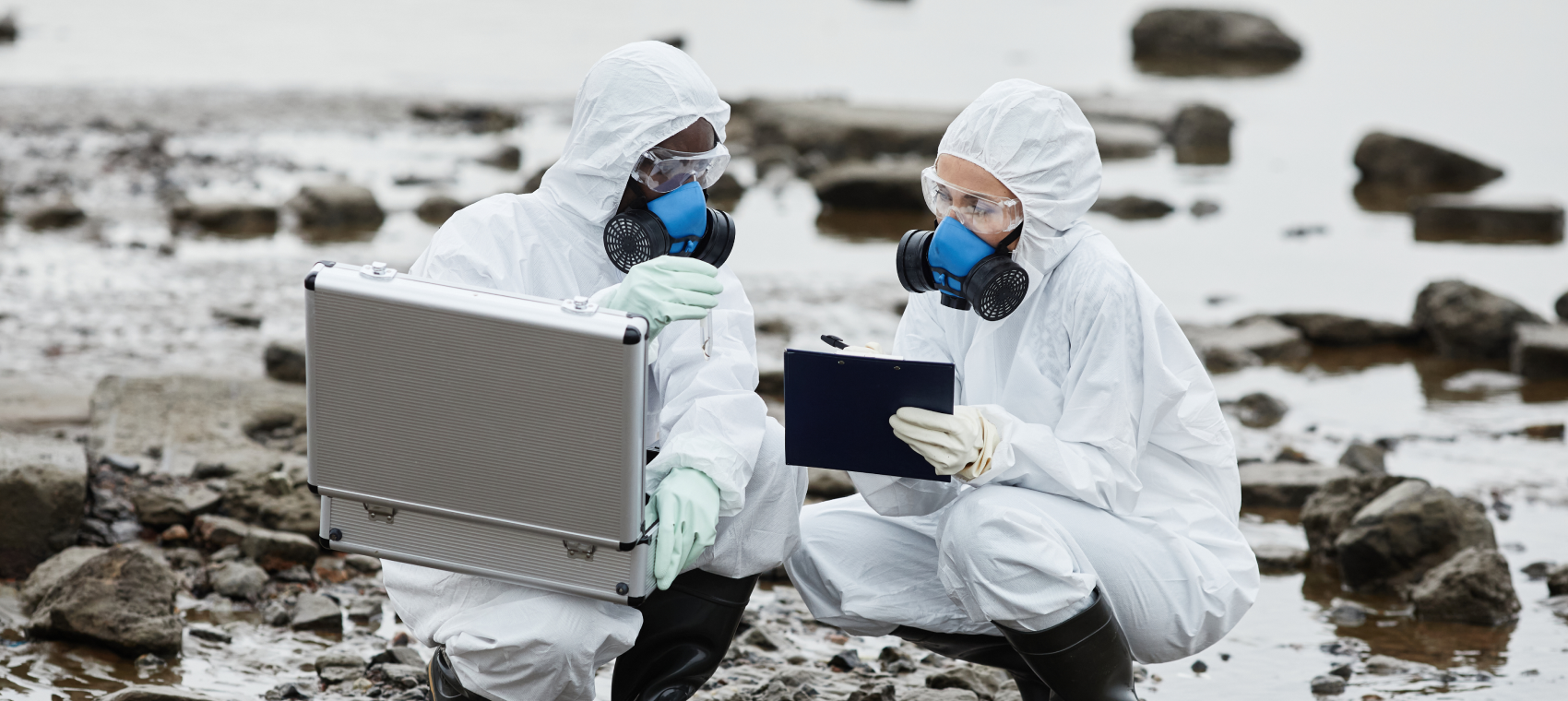Fisheries
CAREERS

Oceanographer
Oceanographers are geoscientists who study the circulation and movement of ocean waters, analyze their chemical and physical properties, and investigate their effects on climate, climate, and coastal areas. Many oceanographers choose to focus on one of four main areas: biological, chemical, geological, or physical oceanography.
Average yearly salary
- 25,000 – 45,000 Euro
Work Schedule
- Full time
- may be several months onboard expeditions
- 40h / week onshore
What you’ll do
- Oceanographers carry out most of their research in laboratories, and they also work offshore.
- They collect data provided by research vessels, and by buoys and floats equipped with robotic instruments and mechanisms.
- Oceanographers can also make use of satellite images, acoustic technology, and seismic records.
- In addition to laboratory work, oceanographers also work offshore doing field work, aboard research vessels and offshore platforms.
Education, training, and qualification
- University Degree in Basic Sciences (Physics, Chemics, Geography, Geology, Physics, Mathematics, environmental Sciences, etc.)
- Specialization Course in Oceanography (Master)
- University Degree in Maritime Science
- (PhD. In Marine Geoscience)
- Higher VET in Analysis and Quality Control Laboratory
Experience
Many of the job profiles will be at scientific institutes, research centers, universities, or state-run laboratories. These positions will often require PhD studies and the job profiles are often for doctorate students or post-doc students as researchers. Higher positions in leading this research will require the before mentioned academic studies and experience in geoscientific research. Personal Qualities and Skills
- Natural ability in mathematics and science subjects
- To be a logical and methodical thinker
- Great communication and teamwork skills
- Excellent problem-solving skills
- A keen attention to detail
- Research Skills
- An interest in the environment and ecosystems
- Excellent IT Skills
- To be Physically Fit and Healthy for field work
- To be a good swimmer
Career path and progression
Oceanographers can come from a diverse range of basic sciences with a specialization for marine geoscience. This diversity allows cross-sectoral mobility in their specific field of expertise. For example, geological oceanographers working in marine research, can also be involved in maritime infrastructure projects, ocean energy or maritime spatial planning. Biological Oceanographers can also work in aquaculture, fisheries, or environmental conservation. This diversity of careers also involves chemical and physical geoscientists. Where could you work
Marine geoscientists very often work in scientific research institutes, but they are also in high demand in other sectors, such as fisheries, aquaculture, ocean energy, maritime extraction of resources or in marine infrastructure projects. Their high qualification allows them to specialize in very specific subsectors in almost every maritime sector related to marine engineering or spatial planning. 

